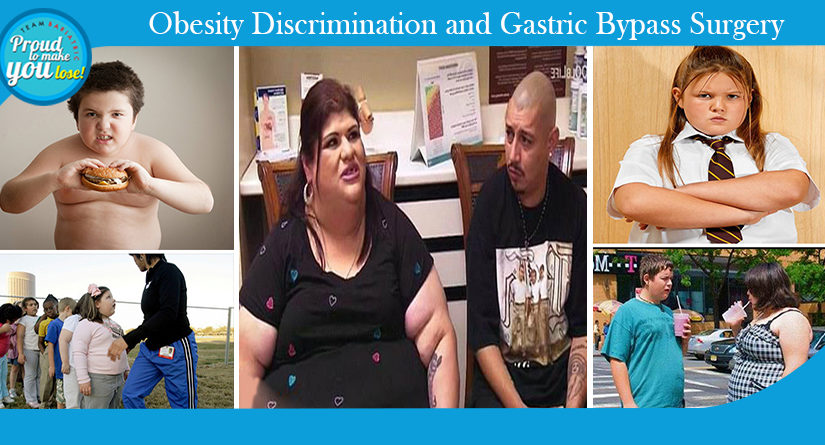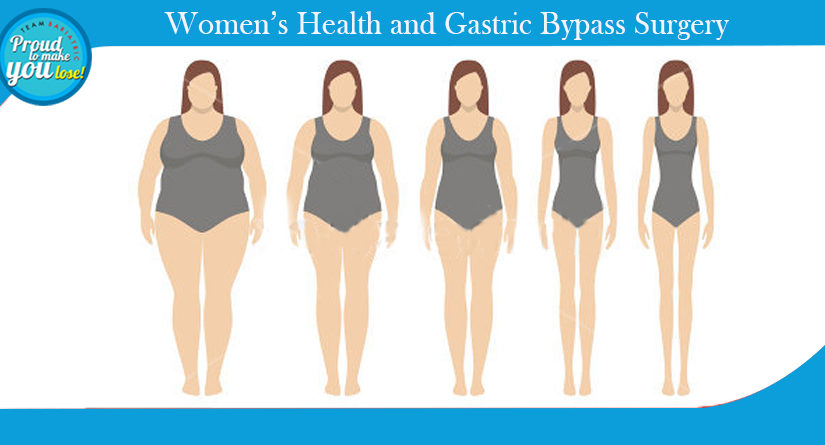Definition:
Obesity discrimination can be defined in either of several ways, including:
1. The unjust treatment of an overweight or obese person on the basis of bias, misconception.
2. Ill treatment of obese people purely because of their weight as compared to non obese people.
There are mostly four types of discriminations prominently described: Employment, Health Care, Education and Relationships
Employment Discrimination:
Several studies have shown that obese people find more difficulty in finding a job, they are paid lower wages, and are discriminated against in promotions, and more likelihood of early termination.
Healthcare Discrimination:
It is unfortunate that even, doctors and healthcare workers are not immune from obesity discrimination. It is a place where caring, trust and unbiased treatment should be guaranteed. The problem being, most of the doctors do not have a sound knowledge of obesity or its treatment.
Physicians spend less time discussing health with obese patients. They are more biased towards technical issues rather than discussing nutrition in relation with patient’s obesity.
Discrimination at Schools:
At schools, discrimination is a bigger concern. It causes emotional distress, as children who are obese are less likely to succeed. It appeared at various studies that young men had much lower chance of attaining high education than their normal-weight counterparts. Obesity was also associated with lower educational attainments than normal weight students.
Discrimination in relationships:
When it comes to finding a romantic partner, obesity appears to play a big role, especially for women. When studied among people, it was found that boys were less interested to look for obese women.
Effectively Addressing Obesity Discrimination: Tips For All 4 Types Of Discrimination
The ideal solution is obvious: weight loss treatment.
Finding the medically supervised weight loss treatment program composed of right diet and exercise is the most appropriate first step.
Research has shown diet and exercise programs supervised by a medical professional to be much more effective than doing it alone.
If your body mass index over 35 which means that you are morbidly obese and attempts at sufficient weight loss, even under a medically supervised program, have yielded no results, you may be a candidate for weight loss surgery or laparoscopic gastric bypass surgery.
It has been proved time and again that bariatric surgery results in sustained weight loss in morbidly obese people. In other words, Bariatric surgery may improve occupational outcomes in morbidly obese individuals by reducing levels of unemployment and absenteeism. The evidence regarding this is limited and studies are needed before any conclusions could be drawn on this aspect. Similarly there could also be economic, social and psychological benefits of bariatric surgery which might help in improving relationships among individuals after weight loss.
It is advisable to visit a well experienced bariatric surgeon as they usually have more knowledge about caring for obese patients, and they also work with doctors who are empathetic towards the difficulties of being obese.
Similarly the research suggests that an obese child, especially an obese girl, is more likely to succeed in schools where obesity is more common.
If you find that your weight is getting in the way of your romantic relationships, there are several options that may help:
First and foremost: weight loss treatment
• Consider dating partners who are also overweight or obese
• Choose partners who are willing to get to know you as a person before judging you only by your appearance
Consider Laparoscopic Gastric Bypass Surgery if you are morbidly obese.
There are certain non-surgical options also available like endoscopic intra-gastric balloon which are available these days to lose weight for overweight people.
These methods are temporary but might result in good outcomes in people who are serious and motivated.







